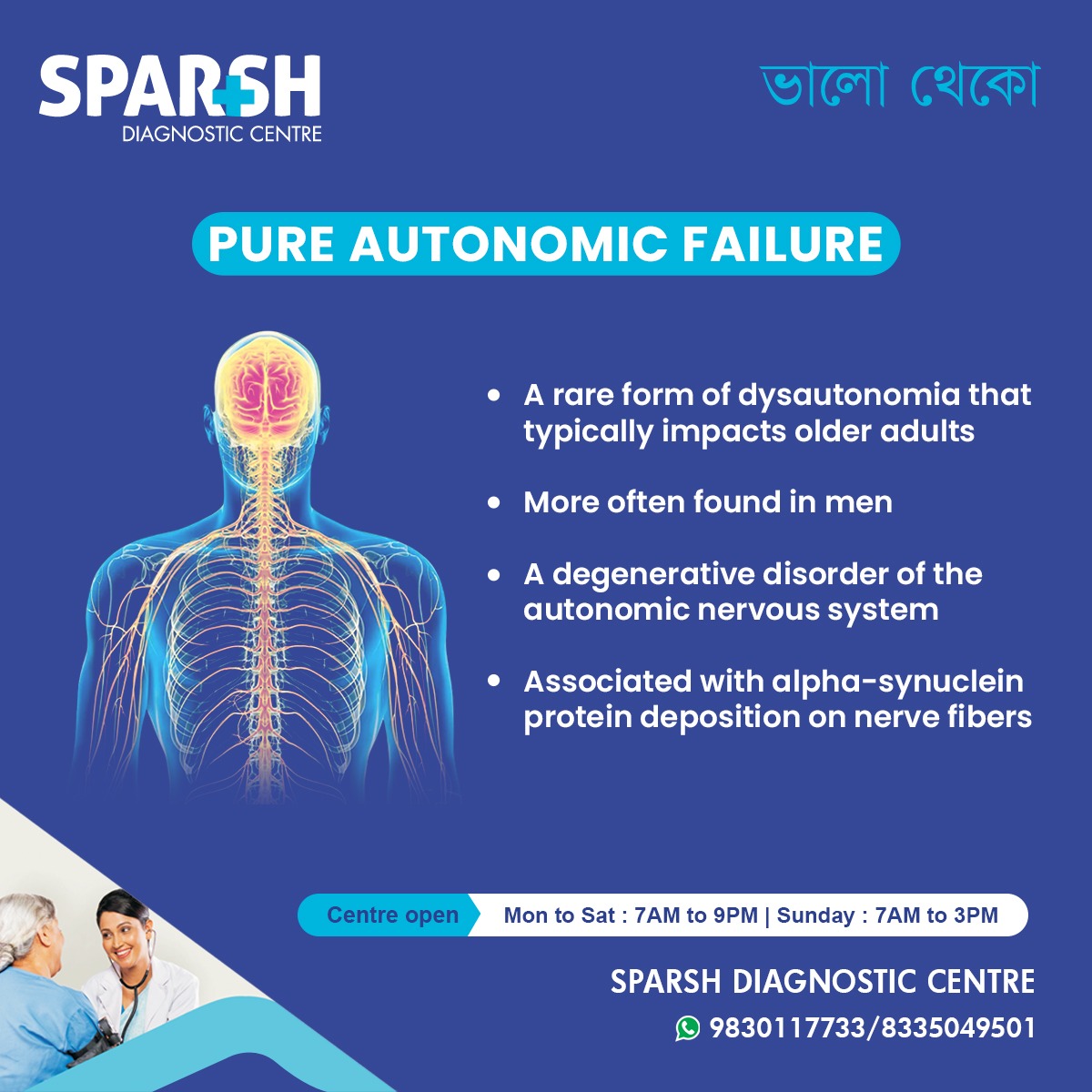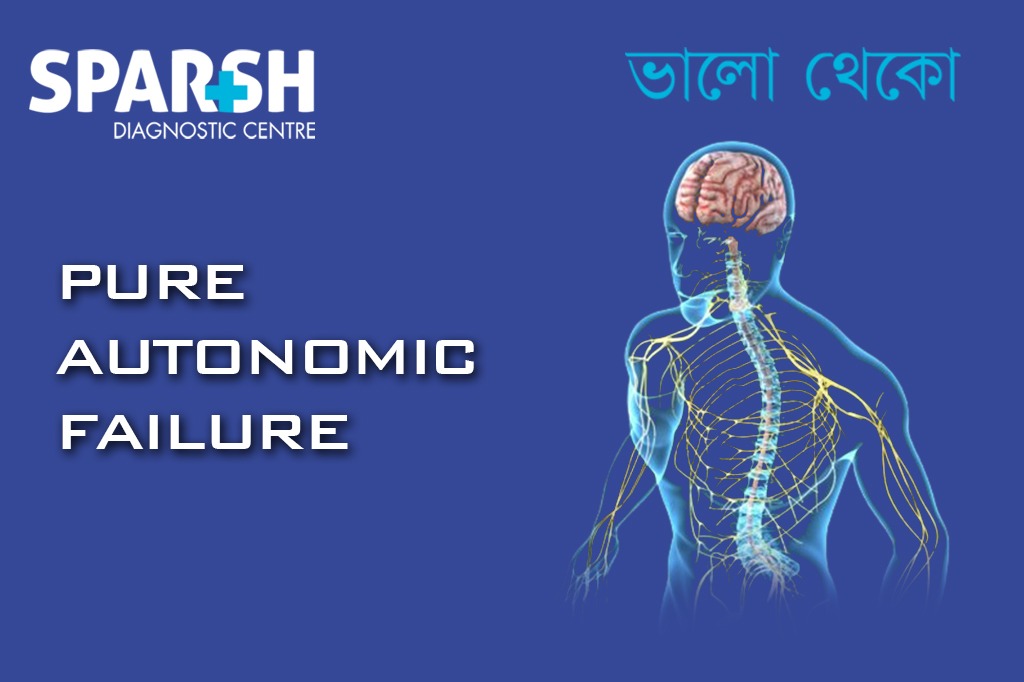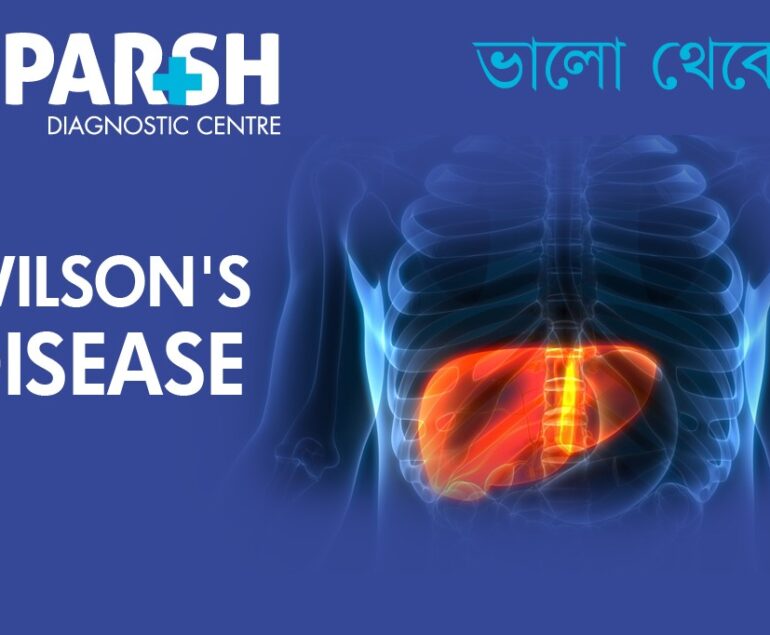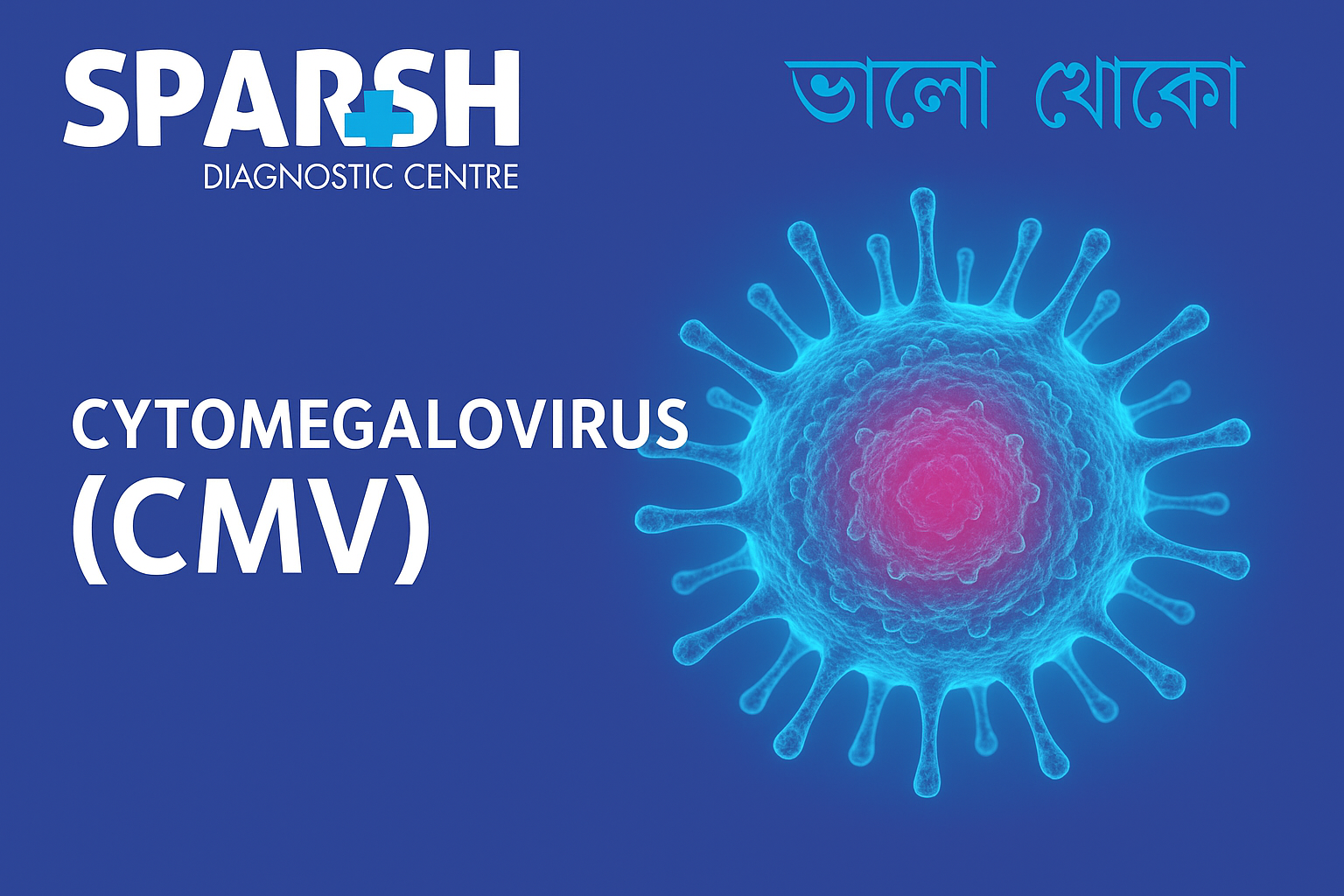Pure Autonomic Failure (PAF) is a rare neurodegenerative disorder that affects the autonomic nervous system (ANS)—the part of your body that controls involuntary functions such as blood pressure, heart rate, digestion, and body temperature.
Previously known as idiopathic orthostatic hypotension, PAF is now recognized as a form of dysautonomia—a group of conditions in which the autonomic nervous system does not work properly. It primarily affects older adults, especially men over 50 years of age.
Unlike other neurological disorders, PAF does not initially affect movement or coordination but primarily impairs automatic body functions. Over time, however, some patients may go on to develop conditions such as Parkinson’s disease or multiple system atrophy (MSA).
How the Autonomic Nervous System Works
The autonomic nervous system (ANS) is divided into two branches:
Sympathetic nervous system (SNS): Activates the “fight or flight” response—raising heart rate, constricting blood vessels, and increasing blood pressure.
Parasympathetic nervous system (PNS): Promotes “rest and digest” functions—slowing heart rate and aiding digestion.
In Pure Autonomic Failure, both branches of the ANS may be affected, leading to abnormal blood pressure control, sweating disturbances, and problems with bladder or bowel function.
Causes of Pure Autonomic Failure
The exact cause of PAF is unknown, but research suggests that it is a neurodegenerative condition linked to the abnormal accumulation of a protein called alpha-synuclein in the autonomic nerves.
This protein buildup damages nerve fibers responsible for regulating vital automatic functions. PAF is, therefore, categorized as a synucleinopathy, similar to Parkinson’s disease and multiple system atrophy (MSA).
Possible Contributing Factors
Environmental toxins or oxidative stress
Abnormal protein processing in nerve cells
Aging-related neuronal degeneration

Symptoms of Pure Autonomic Failure
The symptoms of PAF usually develop gradually and worsen over time. They are primarily related to blood pressure regulation and autonomic dysfunction.
Common Symptoms Include:
Orthostatic Hypotension:
A sudden drop in blood pressure when standing up, causing dizziness, lightheadedness, or even fainting (syncope).Fatigue and Weakness:
Due to low blood pressure and poor blood flow to vital organs.Urinary Problems:
Difficulty starting urination, incomplete bladder emptying, or incontinence.Digestive Disturbances:
Constipation, bloating, or delayed stomach emptying (gastroparesis).Sweating Abnormalities:
Excessive or reduced sweating, leading to heat intolerance.Sexual Dysfunction:
Erectile dysfunction in men and decreased libido or vaginal dryness in women.Cold or Pale Extremities:
Poor blood circulation may cause the hands and feet to feel cold or discolored.Sleep Disturbances:
Insomnia, vivid dreams, or restless sleep due to poor autonomic regulation.Blurred Vision or Tunnel Vision:
Resulting from a drop in blood pressure that reduces blood flow to the eyes.Neck or Shoulder Pain:
Known as “coat-hanger pain,” caused by muscle ischemia in the neck and shoulders due to low blood pressure.
Complications of Pure Autonomic Failure
If left untreated, PAF can lead to several complications, including:
Recurrent fainting episodes that increase the risk of falls and injuries
Chronic fatigue and reduced quality of life
Impaired thermoregulation, leading to overheating or hypothermia
Bladder dysfunction resulting in urinary retention or infections
Emotional distress or depression due to chronic illness
Diagnosis of Pure Autonomic Failure
Diagnosing PAF requires detailed autonomic testing and the exclusion of other conditions that may cause similar symptoms.
At Sparsh Diagnostic Centre, comprehensive diagnostic evaluations are available to identify autonomic dysfunctions accurately.
Diagnostic Tests May Include:
Blood Pressure and Heart Rate Monitoring:
Measuring blood pressure changes from lying to standing positions (orthostatic test).Tilt Table Test:
Evaluates how your body responds to changes in position and gravity.Quantitative Sudomotor Axon Reflex Test (QSART):
Assesses sweat gland nerve function.24-hour Blood Pressure Monitoring:
Tracks fluctuations throughout the day and night.Plasma Norepinephrine Test:
Measures the levels of norepinephrine (a neurotransmitter) when lying down and standing up—typically low in PAF patients.Skin or Nerve Biopsy:
Detects abnormal alpha-synuclein deposits in peripheral nerves.Autonomic Reflex Testing:
Evaluates heart rate variability, deep breathing responses, and Valsalva maneuver reactions.
Differentiating PAF from Other Conditions
PAF can be confused with other disorders that cause autonomic dysfunction, such as:
Diabetic Autonomic Neuropathy
Pure sensory neuropathy
What sets PAF apart is that it initially affects only autonomic functions, with no movement, tremor, or cognitive symptoms in early stages.
Treatment for Pure Autonomic Failure
There is no cure for PAF, but symptoms can be effectively managed through lifestyle modifications, medications, and supportive care.
1. Lifestyle and Home Remedies
Rise slowly from sitting or lying positions to prevent dizziness.
Increase salt and fluid intake (if not contraindicated) to maintain blood volume.
Wear compression stockings to improve blood circulation.
Elevate the head of the bed by about 4–6 inches to reduce nighttime blood pressure drops.
Avoid prolonged standing, hot showers, and alcohol, which can worsen orthostatic hypotension.
Eat smaller, more frequent meals to prevent post-meal blood pressure drops.
2. Medications
Doctors may prescribe medications to improve blood pressure control and autonomic stability:
Fludrocortisone: Helps retain sodium and water, increasing blood volume.
Midodrine: Constricts blood vessels to raise blood pressure.
Droxidopa (L-DOPS): Increases norepinephrine levels, improving blood flow and pressure.
Pyridostigmine: Enhances neurotransmission in the autonomic system.
Erythropoietin: Sometimes used to treat anemia-related symptoms.
Medication doses must be closely monitored to avoid hypertension while lying down (supine hypertension).
3. Physical Therapy and Supportive Care
Exercise therapy: Low-intensity recumbent or seated exercises help maintain muscle tone.
Bladder training and pelvic floor exercises for urinary control.
Occupational therapy for managing fatigue and adapting to daily tasks.
Psychological support for coping with anxiety or depression due to chronic illness.
Prognosis and Long-Term Outlook
Pure Autonomic Failure is slowly progressive, and while it significantly affects quality of life, it usually does not shorten lifespan dramatically if managed properly.
However, around 30–40% of PAF patients may later develop Parkinson’s disease, Lewy body dementia, or multiple system atrophy, indicating shared underlying mechanisms.
Early diagnosis and consistent monitoring through autonomic function tests can improve symptom control and overall well-being.
Living with Pure Autonomic Failure
Adapting to PAF involves lifestyle adjustments and regular medical follow-ups. Patients should:
Keep a blood pressure diary
Stay well-hydrated and avoid dehydration
Use assistive devices if dizziness increases fall risk
Schedule periodic neurological assessments to detect any progression
Family members and caregivers play an essential role in monitoring symptoms, ensuring medication adherence, and providing emotional support.
When to See a Doctor
You should consult a doctor if you experience:
Frequent dizziness or fainting spells
Persistent fatigue or weakness
Unexplained blood pressure fluctuations
Urinary or bowel control issues
Excessive or reduced sweating
Early evaluation can help rule out serious conditions and allow for timely intervention.
At Sparsh Diagnostic Centre, our team of experienced neurologists and diagnostic specialists offers advanced autonomic testing to help detect and manage Pure Autonomic Failure effectively.
👉 Book your consultation today: www.sparshdiagnostica.com
📞 Call: 9830117733 / 8335049501
Frequently Asked Questions (FAQ)
1. What is Pure Autonomic Failure (PAF)?
Pure Autonomic Failure is a rare degenerative disorder that affects the autonomic nervous system, leading to problems with blood pressure, heart rate, and other involuntary body functions.
2. Who is at risk of developing PAF?
PAF primarily affects older adults, typically over 50 years of age, and is more common in men.
3. What causes PAF?
The condition is associated with the accumulation of alpha-synuclein proteins in autonomic nerves, which disrupts normal nerve function.
4. What are the early signs of PAF?
The most common early sign is orthostatic hypotension—a drop in blood pressure when standing, leading to dizziness, fainting, or weakness.
5. Is PAF related to Parkinson’s disease?
Yes, PAF shares pathological similarities with Parkinson’s disease and may precede it in some individuals.
6. Can PAF be cured?
There is currently no cure, but symptoms can be managed effectively with medication, lifestyle changes, and regular monitoring.
7. How is PAF diagnosed?
Diagnosis involves autonomic testing such as tilt table tests, blood pressure monitoring, and norepinephrine level measurement.
8. What is the life expectancy with PAF?
While PAF can impact daily life, most people have a near-normal lifespan with proper management.
9. How does PAF affect blood pressure?
It causes orthostatic hypotension, where blood pressure drops abnormally when standing, and sometimes supine hypertension, where it rises when lying down.
10. Where can I get tested for PAF in Kolkata?
You can visit Sparsh Diagnostic Centre, which offers advanced autonomic function testing and neurologist consultations.
Pure Autonomic Failure is a rare yet manageable condition that requires early recognition, accurate diagnosis, and consistent medical care. Though it may not have a cure, timely treatment can significantly improve quality of life and prevent complications.
If you or a loved one experience symptoms like unexplained dizziness, fainting, or blood pressure fluctuations, don’t ignore them.
Visit Sparsh Diagnostic Centre for expert evaluation and diagnostic support.
#BhaloTheko
Disclaimer:
No content on this site, regardless of date, should ever be used as a substitute for direct medical advice from your doctor or other qualified clinician.

![]()





